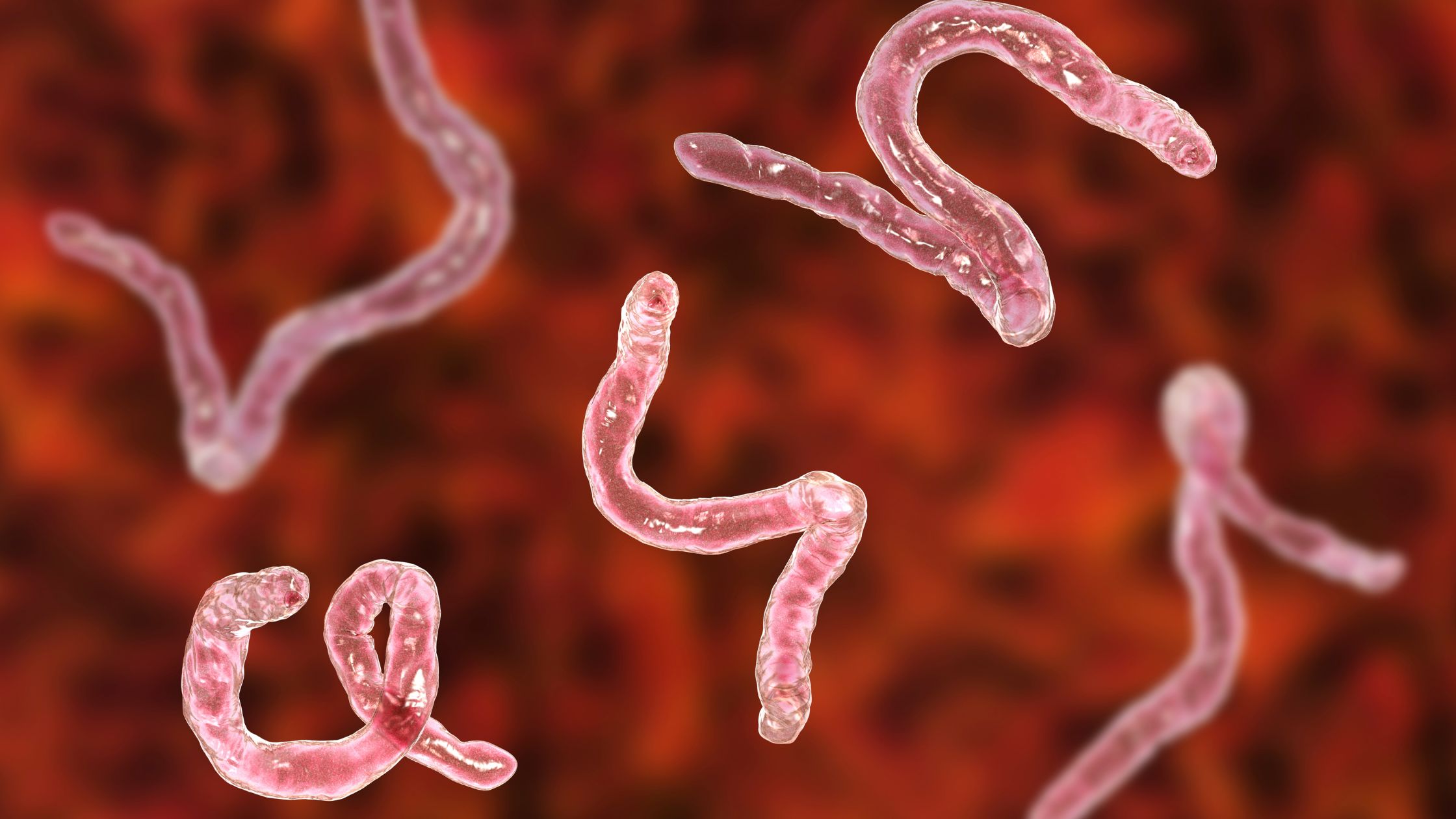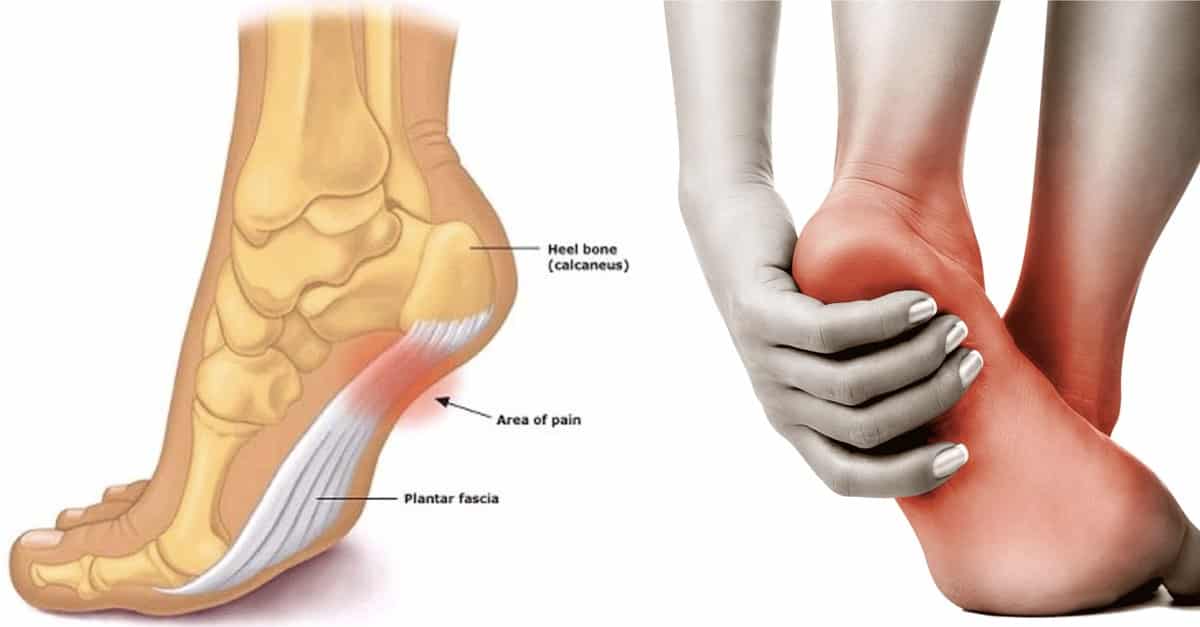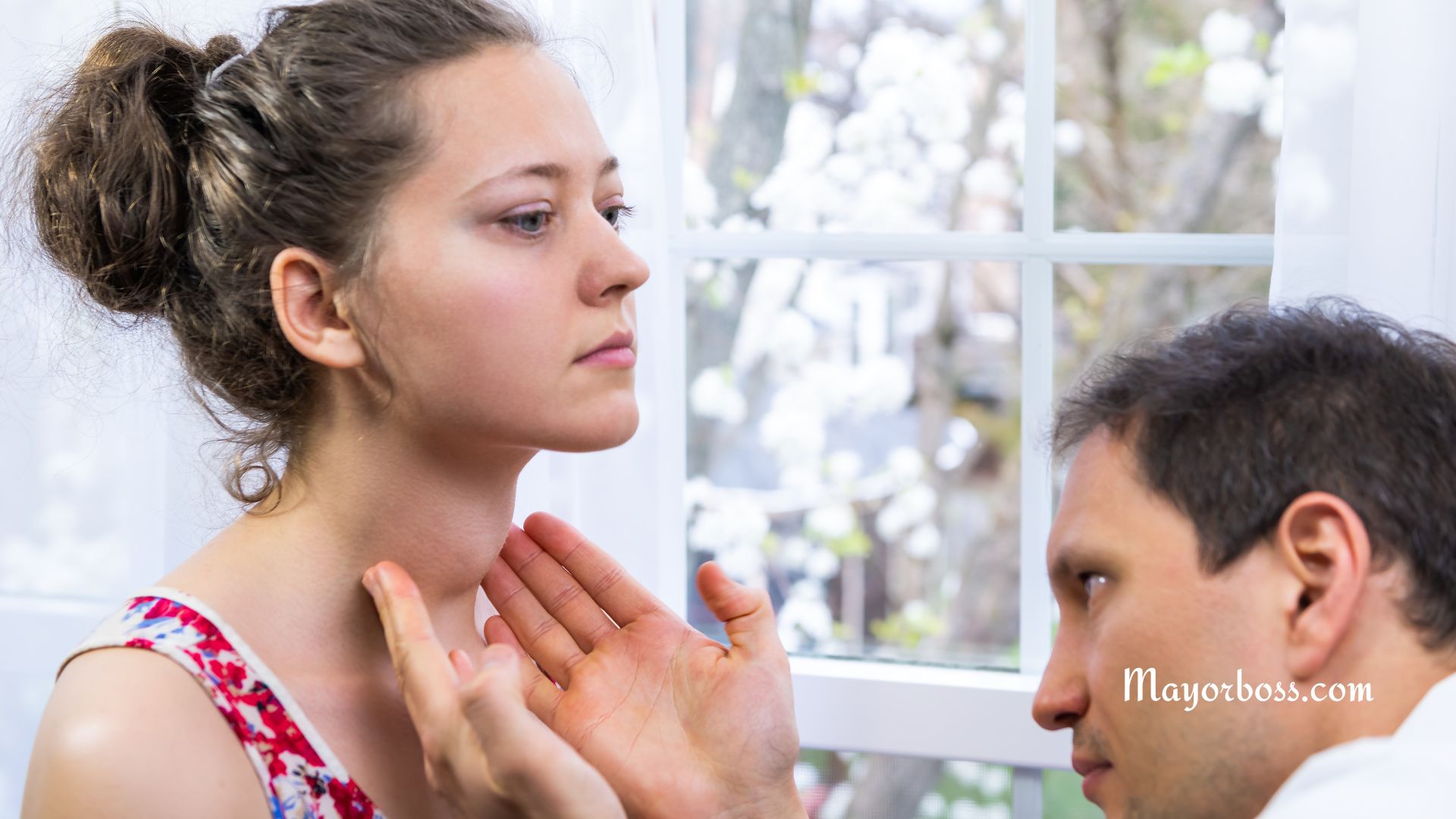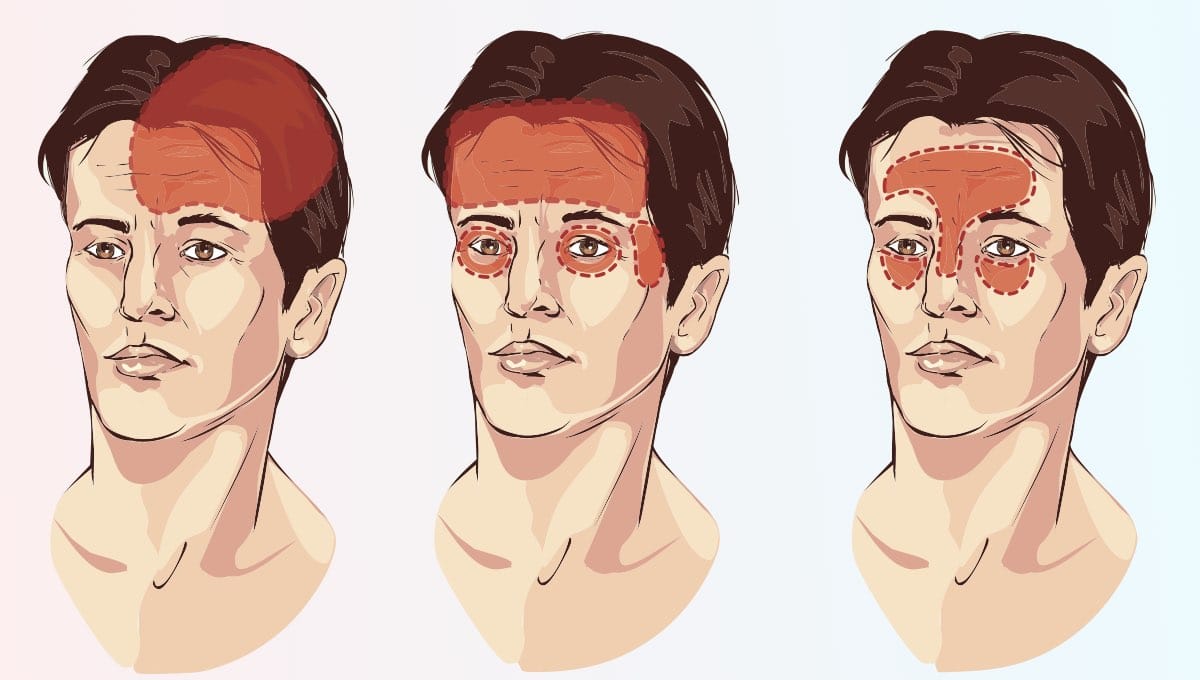What Are The Symptoms Of Herpes?
Herpes can be a confusing topic, especially when it comes to knowing the signs and symptoms. You might have heard about the virus, but you may not know what to look for or what it means to have herpes. Please continue reading to learn and understand what to expect if you or someone you know has herpes.

Herpes is caused by two types of viruses
Herpes is caused by the herpes simplex virus (HSV), which comes in two types: HSV-1 and HSV-2. HSV-1 is mainly spread through oral contact, like kissing or sharing utensils, while HSV-2 is usually spread through sexual contact. HSV-1 usually causes oral herpes, which leads to cold sores around the mouth. HSV-2 is usually the cause of genital herpes, which affects the genital or anal areas. But it’s important to know that either type can cause sores in both areas, depending on how the virus spreads.
Early symptoms can be mild and easy to miss
One tricky thing about herpes is that the early symptoms are often mild and easy to miss. Many people think they are just dealing with common skin irritation or another minor problem. Tingling, itching, or burning feelings around the mouth or genital area are often the first signs of an outbreak. These symptoms can show up anywhere from 2 to 20 days after being exposed to the virus, depending on the individual. This helps explain why symptoms can appear at different times for different people.
Blisters and sores are the main signs of a herpes outbreak
When an outbreak happens, the main symptom is the appearance of small, fluid-filled blisters. These blisters can be painful and usually show up in groups. They might break open and leave sores that take about a week or two to heal. Keeping the affected area clean can help speed up the healing process. These sores are most often found around the mouth, genitals, buttocks, or thighs.
Flu-like symptoms can happen during the first outbreak
During the first herpes outbreak, some people also feel flu-like symptoms. This can include fever, swollen lymph nodes, headaches, and body aches. The first outbreak is usually the worst, and later outbreaks are not as bad.
Recurring outbreaks are common but usually less severe
After the first outbreak, the herpes virus stays in the body and can become active again, leading to more outbreaks. Stress, illness and even sun exposure can trigger these outbreaks. The good news is that the symptoms are usually milder each time, often involving just a few blisters or sores.
Herpes can spread even if you don’t have any symptoms
A lot of people don’t know that herpes can spread even if there are no symptoms. This is called asymptomatic shedding, which means someone can still pass on the virus even if they don’t have any visible blisters or sores. Asymptomatic shedding can happen at different times, but it is more common in the first year after infection. This is one reason why herpes is so common—many people don’t know they have it.
Genital herpes symptoms can be different for men and women
Men and women can have different symptoms when it comes to genital herpes. In men, sores are more likely to appear on the penis, scrotum, buttocks, or thighs. In women, sores often show up around the vagina, cervix, buttocks, or anus. Women might also have more intense pain when urinating, especially if sores are present in that area.
Oral herpes symptoms are often mistaken for other problems
Oral herpes symptoms usually appear as cold sores or fever blisters around the mouth and lips. These blisters may tingle or burn before they show up, and they tend to crust over after a few days. It’s easy to mistake these symptoms for chapped lips or even canker sores, which are not caused by the herpes virus.
How can you manage herpes symptoms?
There is no cure for herpes, but you can manage the symptoms. Antiviral medications from a doctor can help reduce how often outbreaks happen and how bad they are. Simple lifestyle changes like managing stress, eating a healthy diet, and getting enough rest can also help keep the virus under control. As we have discussed in our blog before, how to treat herpes naturally.
When should you see a doctor?
If you notice blisters or sores around your mouth or genital area that you can’t explain, it’s important to see a doctor to get the right diagnosis. Seeing a doctor early can also help prevent complications or further spread of the virus. They can do a physical exam or a lab test to confirm if you have herpes. Early diagnosis and treatment can help you manage symptoms better and reduce the risk of spreading the virus.
The Takeaway
Herpes symptoms can be different for everyone. Some people have noticeable blisters, while others have symptoms so mild they don’t even notice. Knowing the signs—like tingling, itching, blisters, and flu-like symptoms—can help you understand and manage the condition better. If you think you might have herpes or have questions about your symptoms, see a doctor. Proper treatment and awareness are key to managing herpes.






